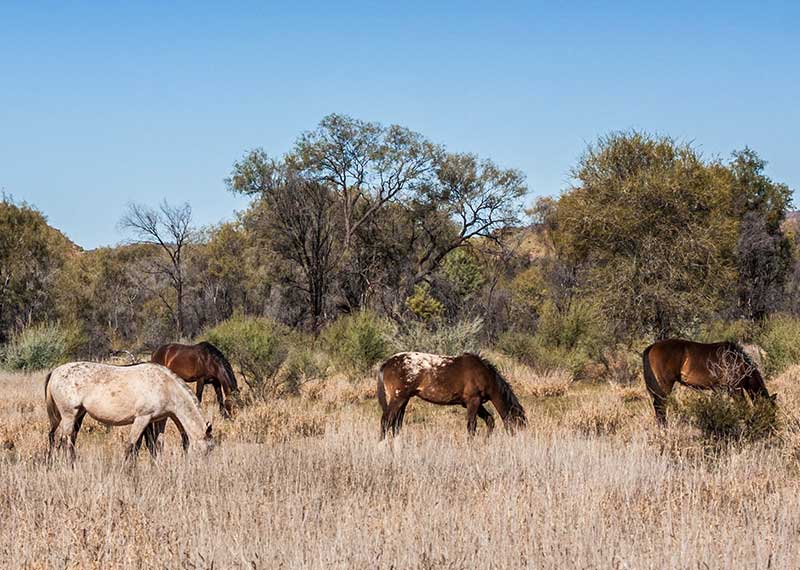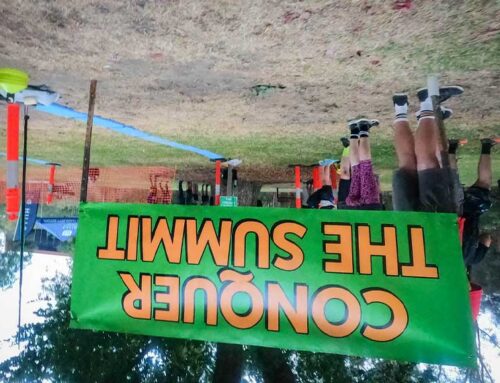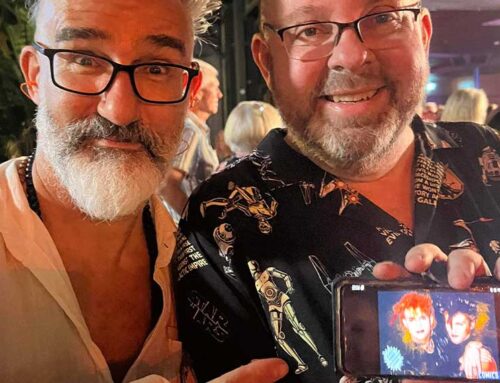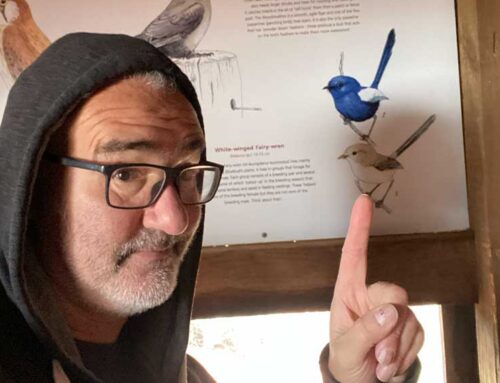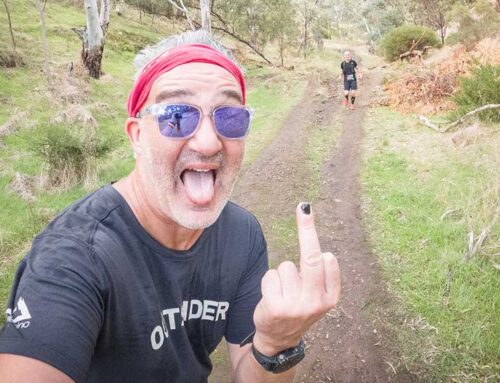This week we saw the 157th running of Australia’s biggest horse race – The Melbourne Cup. Most years, statistically speaking, the day of celebration, the ‘race that stops the nation’, stops at least one horse dead in its tracks. Literally. And while this year was no exception with a horse being killed as a result of an racing accident – yes, horses love to run, but not usually with people on their backs, pushed to their limits, and beyond, in a tightly grouped pack of other horses – it was a jockey punching a horse that caused the real controversy. Quite why this was considered more horrific than killing a horse, is beyond me. Perhaps because one was intentional, and the other one was an accident? But when accidents happen like clockwork, when they’re predictable, and avoidable, can we really continue to consider them accidents?
Horse racing kills horses. Plan and simple.
As I said in a recent live video about the issue (see video here), if I invented a new sport tomorrow that was to launch next year, that would be awesome fun, employ a lot of people, and generate a lot of money, but the only catch is we’d have to kill a horse every two or three days, my guess is there’d be a bit of an outcry.
If we brought bullfighting to Australia, where we had a bullfight every few days and the result was we killed a bull every few days, again, there’d be a shit storm of almighty proportions. It wouldn’t happen. It would be considered cruel and inhumane and unacceptable. And it would be easy to stop it because it hadn’t yet started. And it’s not a part of our culture. We’d consider it barbaric. And rightly so.
Changing something that’s already entrenched is trickier than stopping something that’s already started… and incredibly popular and lucrative. But we wouldn’t tolerate something that killed an innocent animal every few days, purely for our entertainment.
And yet, that’s what happens with horse racing. And we’re OK with it, because it’s so entrenched in our culture. Much like it was once OK to smoke on planes, give school kids the strap, see animals at the circus… the list goes on. All things that have all but disappeared in my lifetime. Much like Pantene, it didn’t happen overnight, but it did happen.
So when people ask what do we do about it, “can we really just ban horse racing?”, the answer is “yes!”. And “no”. Yes, we can get rid of it, no, we can’t just snap our fingers and make it happen overnight.
I described it in a recent post as being a bit like the gun control issue on the USA. It’s unrealistic to think you can just change the law today and it will all be better tomorrow. Look at how much trouble they’ve had with laws banning racing in NSW which got passed, then appealed and dropped. But if we look at this as, say, a 10 or 20 year process, maybe it makes a bit more sense.
We’re all, as a culture, notoriously short sighted these days, but that doesn’t mean those 10 or 20 years won’t pass anyway. It’s what we do with them that counts. I can’t recall the last time Australia had a genuine, 20 year policy for change that we stuck to despite a musical chairs ever-changing governments, and I think that’s mostly where we go wrong as a culture – being ridiculously short sighted which means we often fail to affect meaningful change. But there’s a difference between us not banning horse racing, and it not being possible to ban horse racing. It’s possible. Not quick. But possible.
If the stats I found are correct, a horse’s average life span is 25 years, but the average age of a thoroughbred is apparently just over five. I’m sure plenty live for longer, but that’s the average. For the sake of a fairer argument, let’s assume that’s fear mongering and go with 10, or even 15 or 20. If we were serious about change, we could phase it out over an extended period. And there’s plenty of examples where we’ve done that, albeit not as high profile as horse racing. Selling puppies in pet stores for example. Banning animal circuses. Hell, albeit unintentionally, we even phased out our entire automotive industry in Australia! (And according to a report I found, predictions back in 2013 were that the economy would be $21.5billion smaller without it if it ended by now – which it has.) So while it’s a somewhat daunting prospect, if we’re serious about it, (which most people aren’t), it could be done.
I we kept the fashion, kept the funny hats and kept the booze, kept the gambling, (on SOMEthing), would most people even know the horses were missing? Probably not. One of the keys to change, is to make the current model obsolete. To not just get rid of something currently seen as ‘fun’ or ‘entertaining’, but to replace it with something that does at least as much, if not more, to entertain the masses. A viable alternative, without the downsides. As difficult as it is to imagine what that could be right now, at the risk of sounding like a complete dick, perhaps technology is the answer. Could there be virtual races that don’t require real animals? Is it really as far fetched or far away as we might think? Abba’s next world tour in 2019 will be as… holograms. True story.
That longer term won’t help the 130+ thoroughbreds that died this past year. Or the similar amount that will likely die next year either. or the year after that. But if there was a gradual phasing out, the number of deaths would also reduce.
I’ve seen the fatality stats explained away as an acceptable percentage of total race starts. Below 1% apparently. But statistics can be misleading. Or at least irrelevant. If we explained away domestic violence deaths in Australia as a percentage of total relationships, perhaps they’d be acceptably low also? Or road accident deaths as an acceptably low percentage of total car journeys? No, we look at the fatalities and look at what we can do to reduce them. And rightly fucking so.
We wouldn’t stand for a bullfight every three days that resulted in the death of an innocent animal, for no other reason than entertainment. Why do we really stand for this? We may not be plunging a sword into their hearts, but we may as well be. Different animal. Different country. Same, shameful result.
